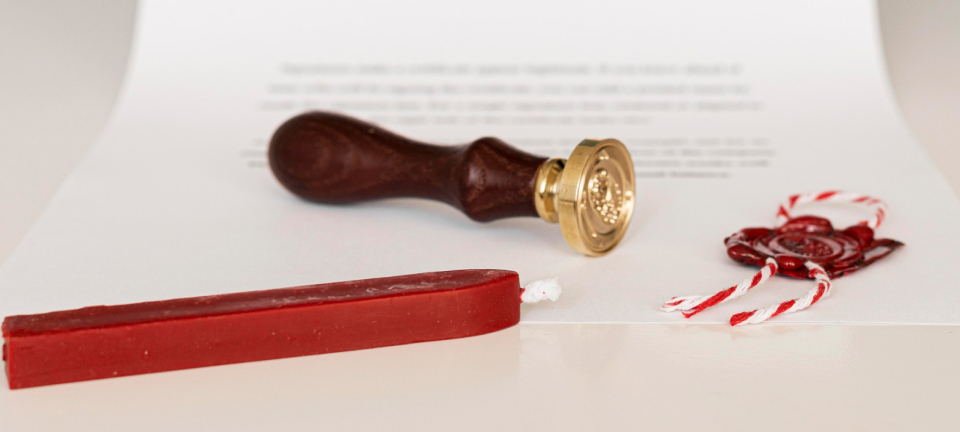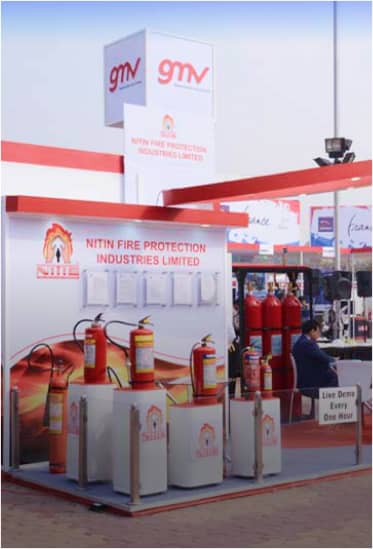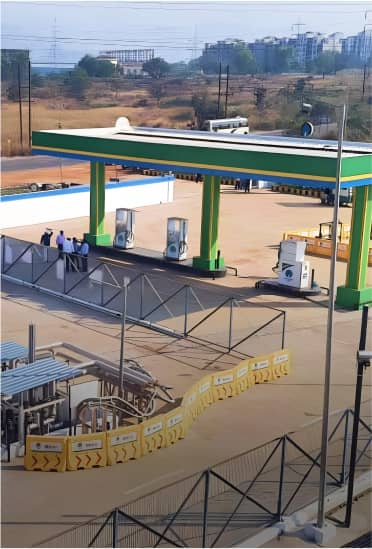L
O
A
D
I
N
G
Customers are keen to receive confirmation in writing from suppliers regarding the quality of goods supplied and the materials from which they are produced. Validation of quality, provided through the Mill Test Certificate, serves as a written declaration that the goods are as ordered and, therefore, fit for purpose.
The European standard norm EN 10204 defines different types of test documents that can be made available to the buyer for each delivery, in compliance with agreements made at the time of order placement. This standard supplements other standards that define the general technical terms and conditions of supply.
We can supply you with the following types of test certifications in accordance with EN 10204:
A certificate in which the manufacturer confirms, without indicating the test results that the supplied products comply with the requirements of the purchase order and the specified standard of quality.

A certificate in which the manufacturer confirms, with an indication of the test results that the supplied products comply with the requirements of the purchase order and the specified standard of quality.
Non-specific tests are intended to determine whether products, manufactured according to the same product specification and using the same method, comply with the requirements set out in the purchase order. The tested products do not necessarily have to originate from the delivery itself but can come from different comparable production processes.

In an acceptance test certificate in accordance with 3.1, the manufacturer confirms, with an indication of the specific test results, that the delivered products comply with the requirements specified in the purchase order. The acceptance test certificate is confirmed by an acceptance officer of the manufacturer who is independent of the production department.
The manufacturer is permitted to adopt test results based on specific testing of the input material or semi-finished products used. However, this is only possible if the manufacturer uses methods to ensure traceability and can submit the relevant test certificate. Otherwise, the test results are determined from cut test specimens from the relevant semi-finished production batch.

These are documents that provide a declaration on whether the material or the input material used in its production possesses a certain property.
Our custom ERP system simplifies heat number traceability, ensuring that every material is tracked from procurement to distribution. It helps manage inventory efficiently while keeping a secure record of Traceable Certificates, which include all essential details to meet strict accreditation standards.
Each certificate records crucial information like certificate number, item description, technical specifications, heat number, manufacturer details, manufacturing process, test results (chemical & mechanical), quantity, QA signatures, and disposal records. Even as materials are distributed, the system keeps a detailed record of each allocation, ensuring transparency and compliance. This robust traceability system enhances operational efficiency, strengthens quality control, and ensures secure, well-structured documentation.












